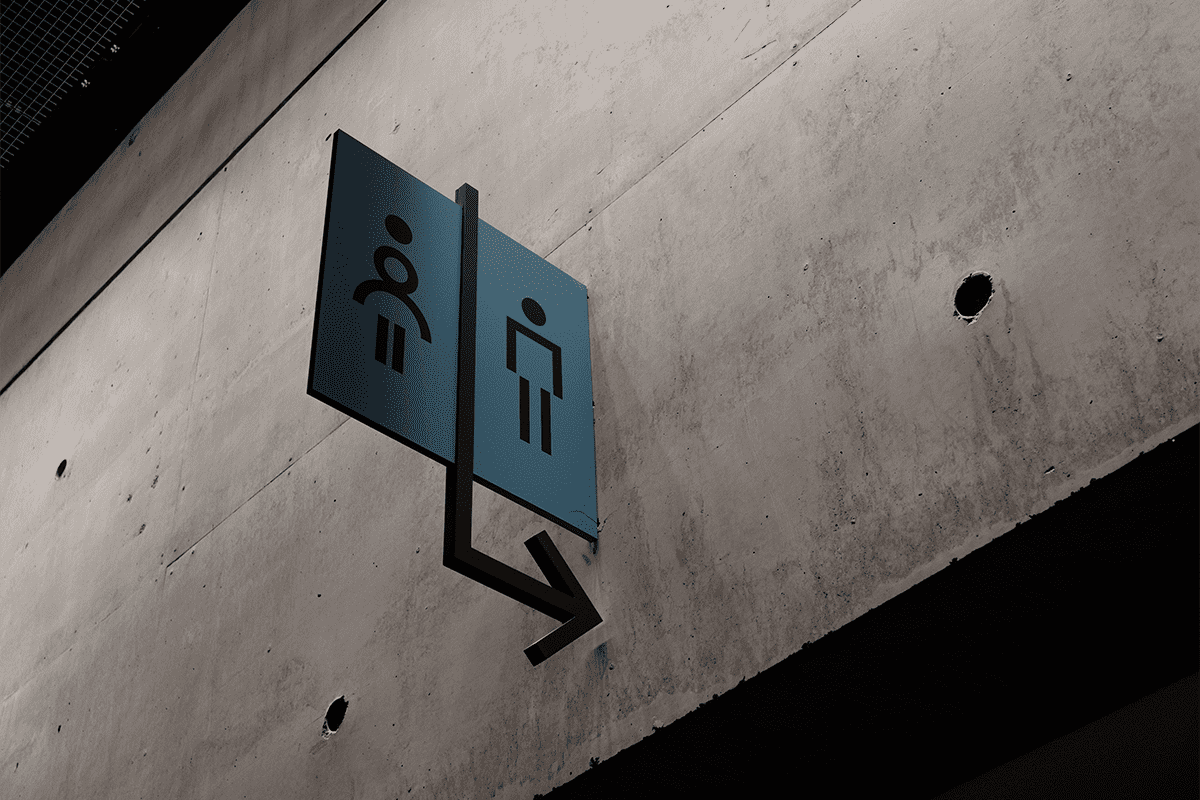Senate committee scales back bill requiring separate male, female bathrooms

TALLAHASSEE, Fla. (FLV) – A Senate committee drastically changed its “Safety in Private Spaces Act” to remove private businesses from being required to provide separate bathrooms and changing facilities for males and females, or a unisex facility.
Other changes include scaling down the penalty for violating the bill’s provisions.
The changes require public buildings owned by the state, a state agency or a political subdivision, any correctional institutions, any educational institutions, and juvenile correctional facilities to provide the separate bathrooms and changing facilities.
The bill takes away the requirement for multiple health care facilities, public accommodations, public shelters and some other private entities that were in the original version of this bill, according to the bill’s Senate sponsor Sen. Erin Grall, R-Fort Pierce.
Public accommodations include places such as restaurants, bars, hotels and gas stations, among other places.
“We should be an example and we should figure this out ourselves, before we start to have a conversation about how this might impact private business,” Grall said.
A similar bill was carried in the House by Rep. Rachel Lora Saunders Plakon, R-Lake Mary. The full House approved their version of the bill April 19, which keeps the requirements for public accommodations.
Grall’s bill requires that these “covered entities” have, at a minimum, a restroom or changing facility designated for exclusive use by females and a restroom designated for exclusive use by males, or a unisex restroom or unisex changing facility that is closed off to others so it cannot be accessed by another individual.
“There are differences between biological men and biological women and this bill ensures uniformity in the use of restrooms and changing facilities in specific ‘covered entities,'” Grall said.
The changes approved Tuesday clarify some of the exemptions based off feedback they received in the last committee, according to Grall.
Grall said it clarifies the authorized purpose to enter a restroom or changing facility designated for the opposite sex in order to provide assistance to a child under the age of 12, an elderly person, a person with disabilities, or a developmental disability.
It also has an exception for law enforcement or governmental regulatory purposes, for the purpose of rending emergency medical assistance or to intervene in another emergency situation where the health or safety of another person is at risk and for custodial maintenance or inspection purposes.
The bill also has an exception is if the appropriate designated restroom or changing facility is out of order, or under repair and the restroom or changing facility designated for the opposite sex contains no person of the opposite sex.
The bill also addresses the penalties and identifies those who may request a person to depart a restroom or changing facility designated for the opposite sex on a covered entities premises when the entry is not for an authorized purpose.
The legislation requires each type of covered entity to establish disciplinary procedures for its employees, certain persons under its control and other personnel described in the act.
If the person fails to depart after being asked, they could face a trespassing charge. The previous bill version said the person could be charged with a second degree misdemeanor.
The bill gives the attorney general enforcement power to bring in injunctive relief for any covered entity that willfully violates the law, allows a fine up to $10,000 and requires all covered entities to submit proof of compliance.
Grall said failure to comply may result in penalties and disciplinary action regarding their license.
Sen. Lori Berman, D-Boynton Beach, opposed the bill during debate and said its “absurd” that they are discussing “this type of legislation.”
“This law makes it impossible for them to go about aspects of their daily lives. […] Ours transgender students, adults have a right to safe restrooms, and we shouldn’t be passing this kind of legislation, and I will be against it,” Berman said.
Grall said she has never stated that trans individuals are “more likely” to be sexual predators.
“But, what happens is actual sexual predators exploit policies that do not utilize objective biological sex as a criteria for accessing restrooms and changing facilities,” Grall said.
“It’s truly those sexual predators that are a concern for the safety and well-being of all people in bathrooms,” she said.
“This provides clear guidance to state entities, to our school districts, to corrections, about what the expectation is,” Grall said in closing.
If passed, the act will take effect July 1.



